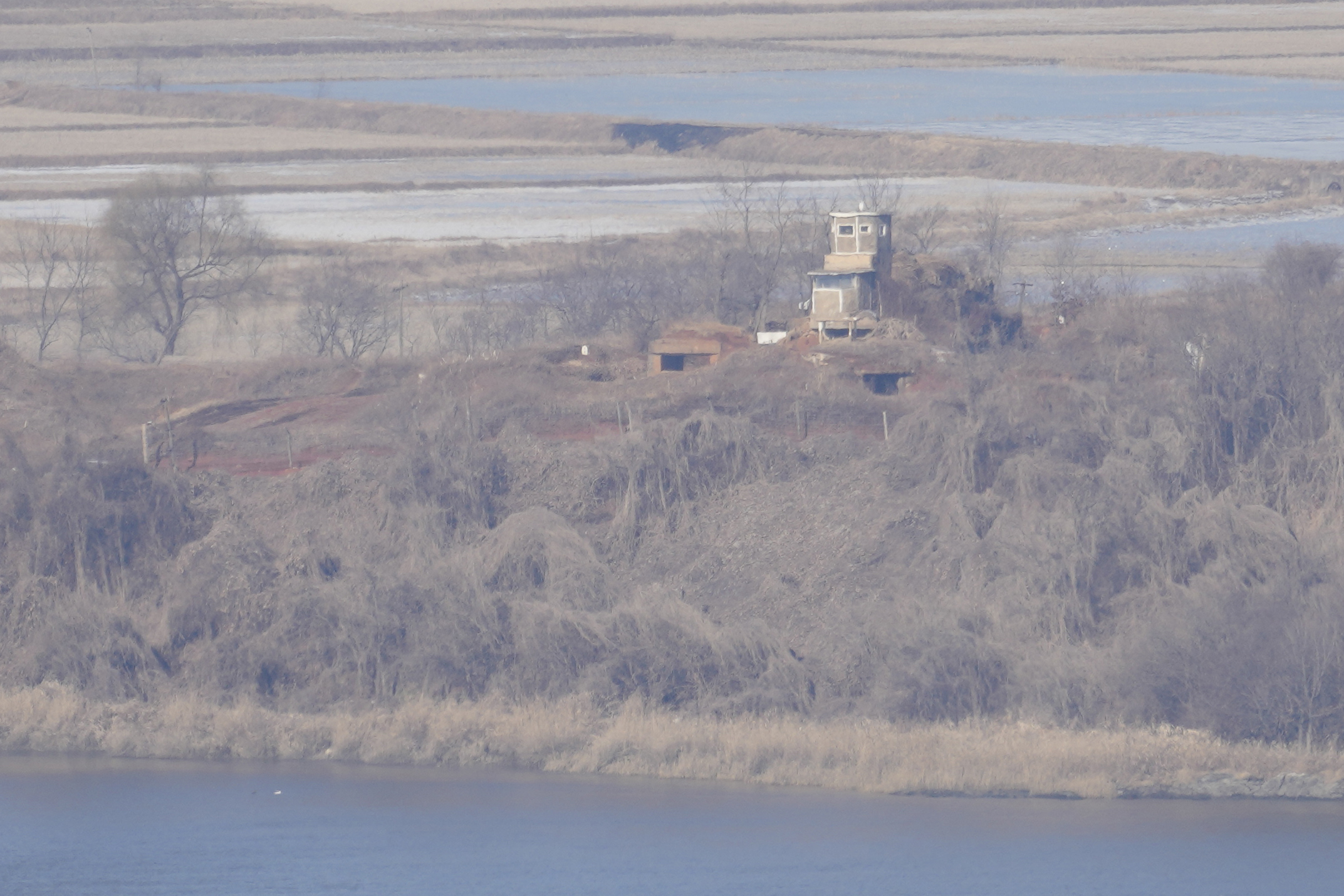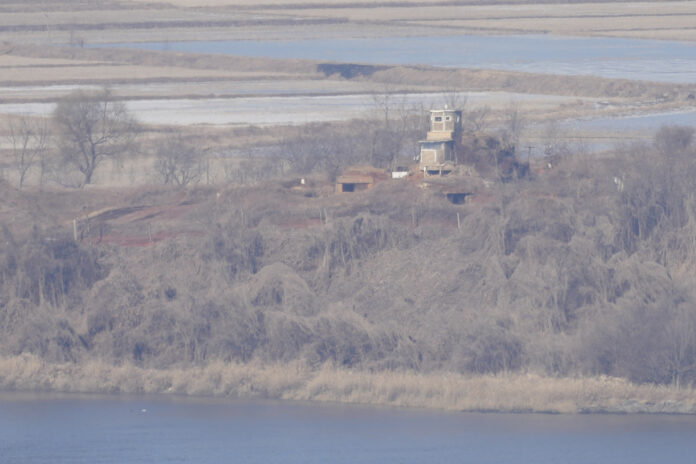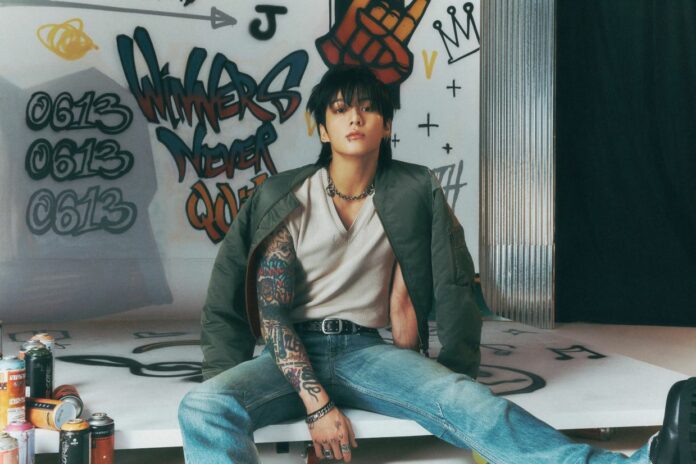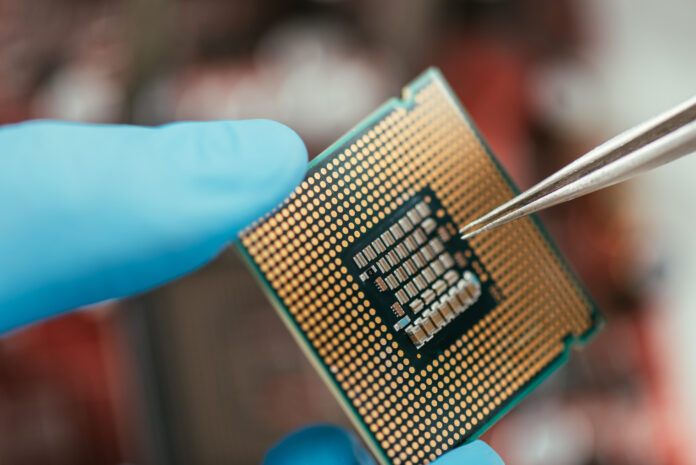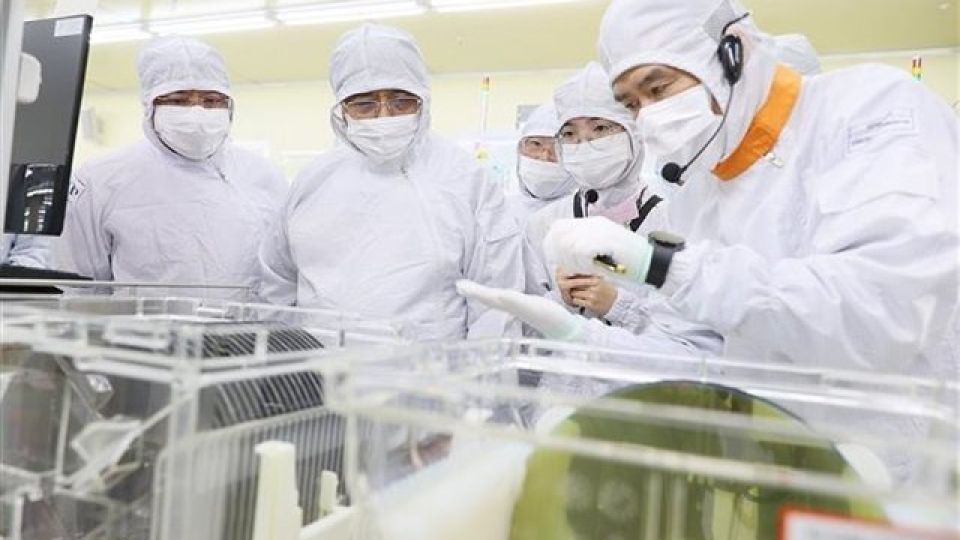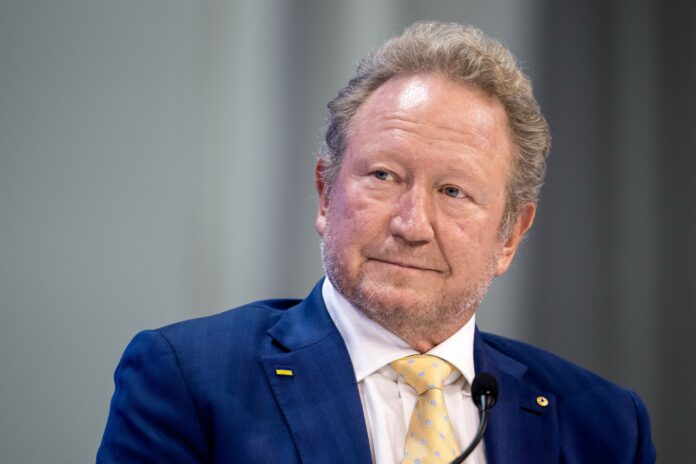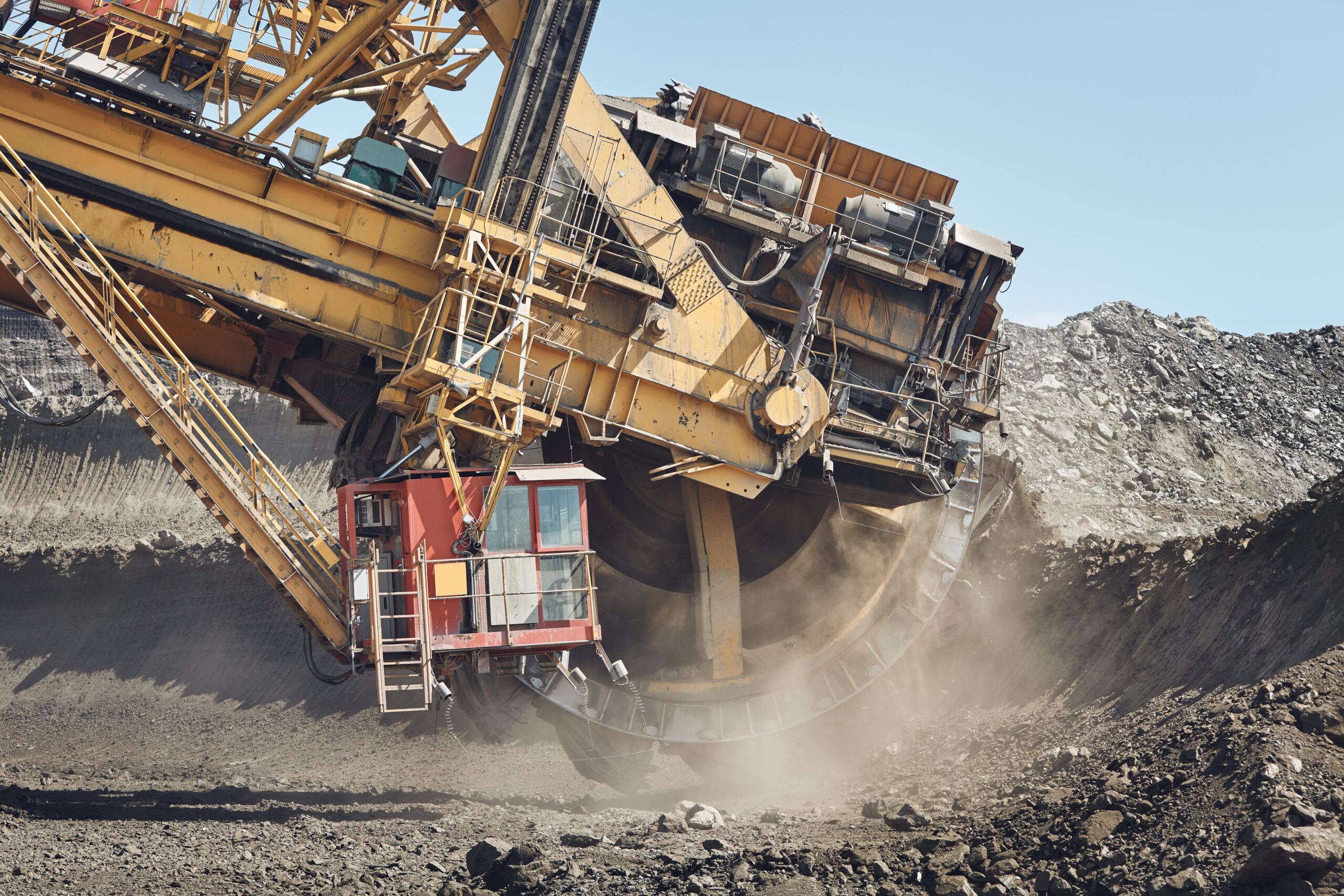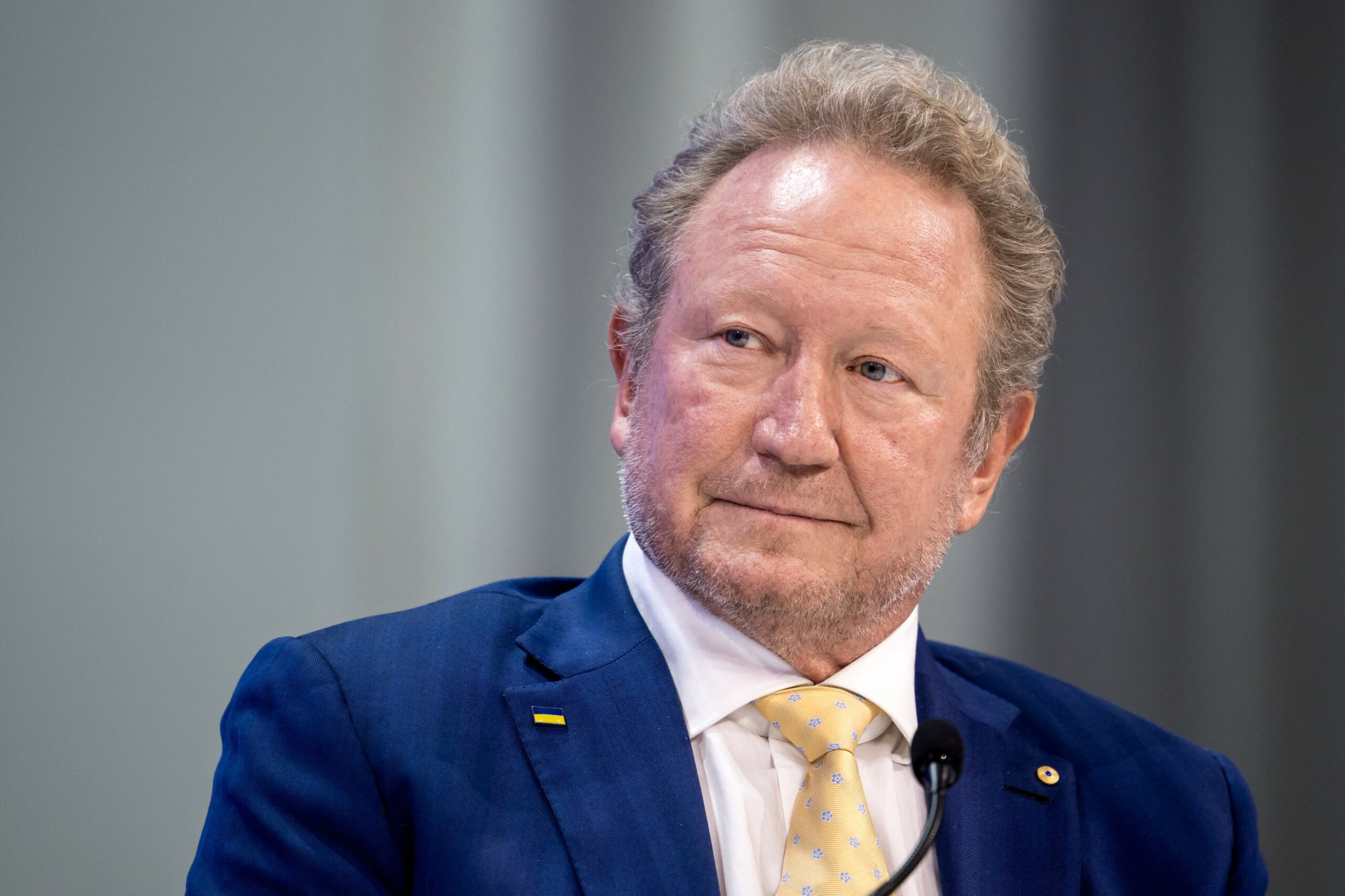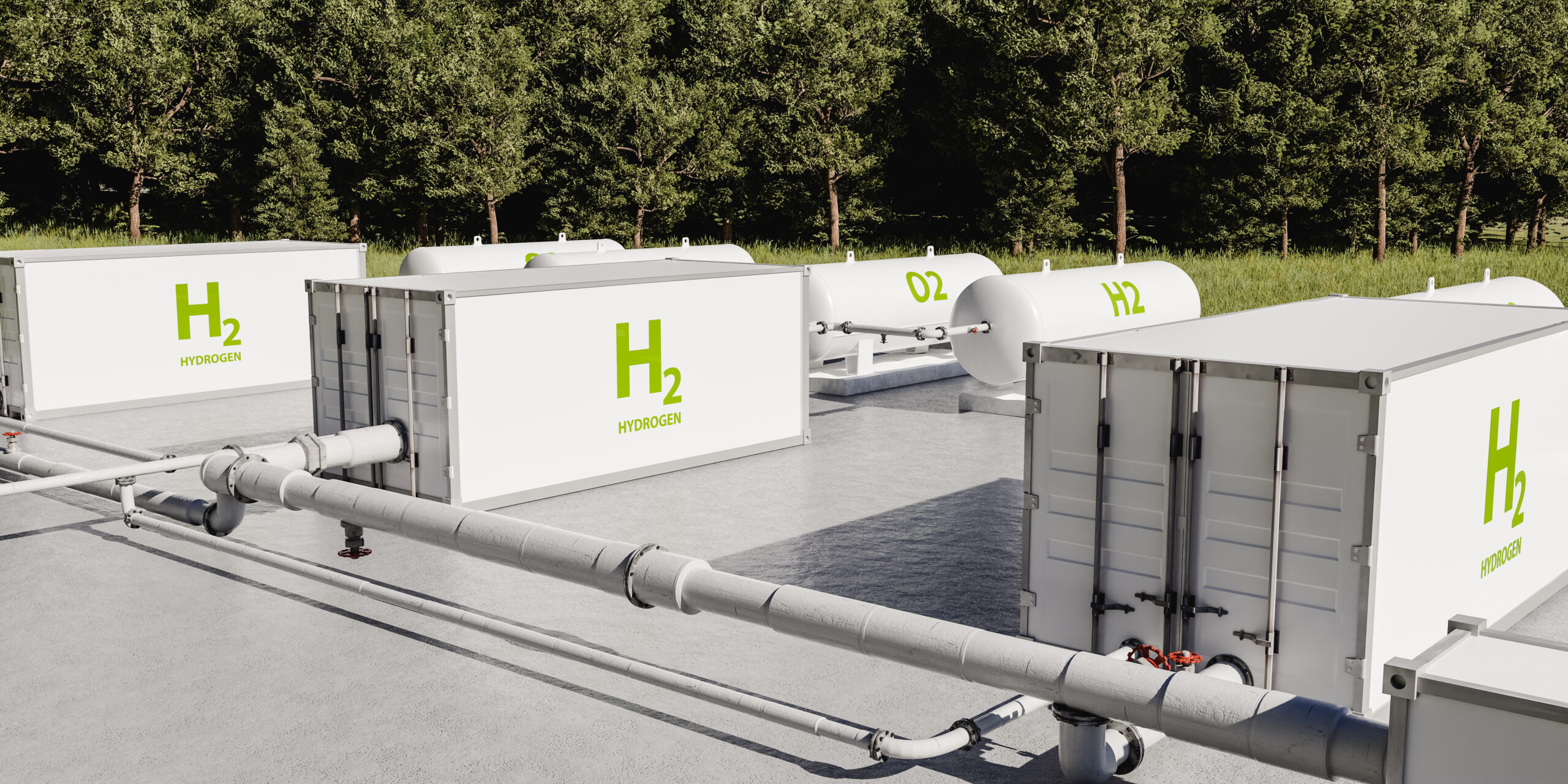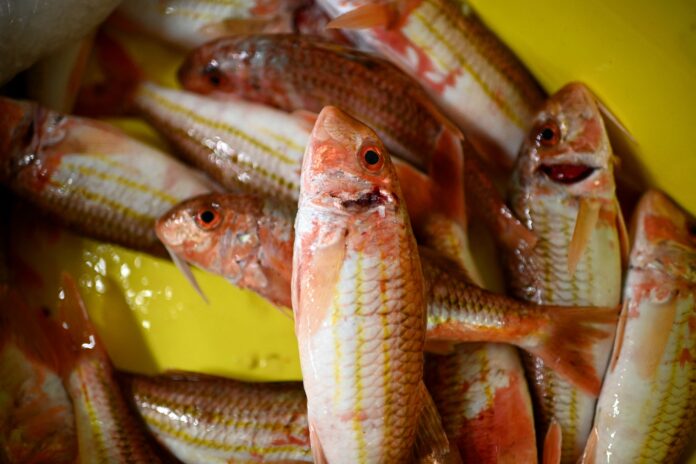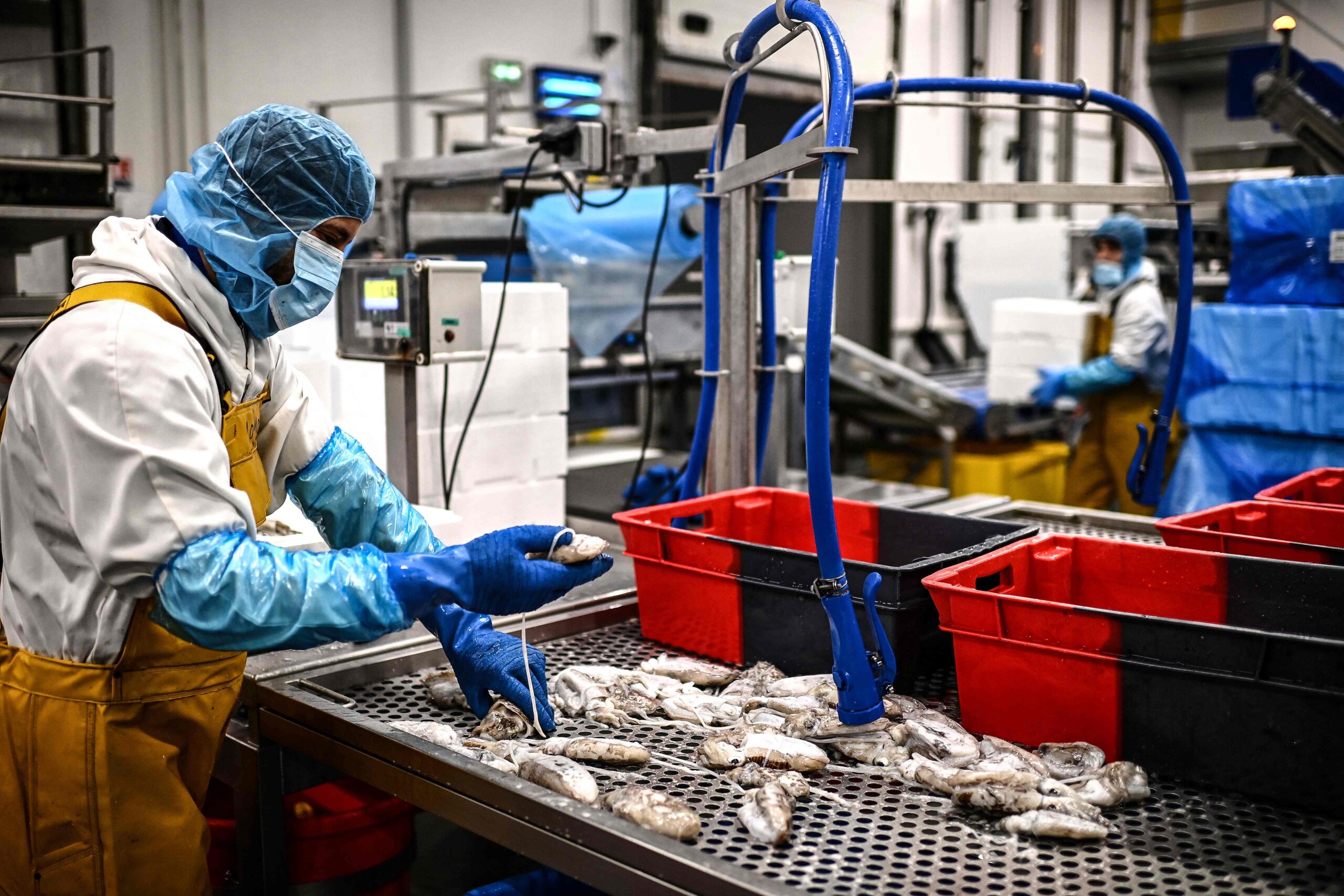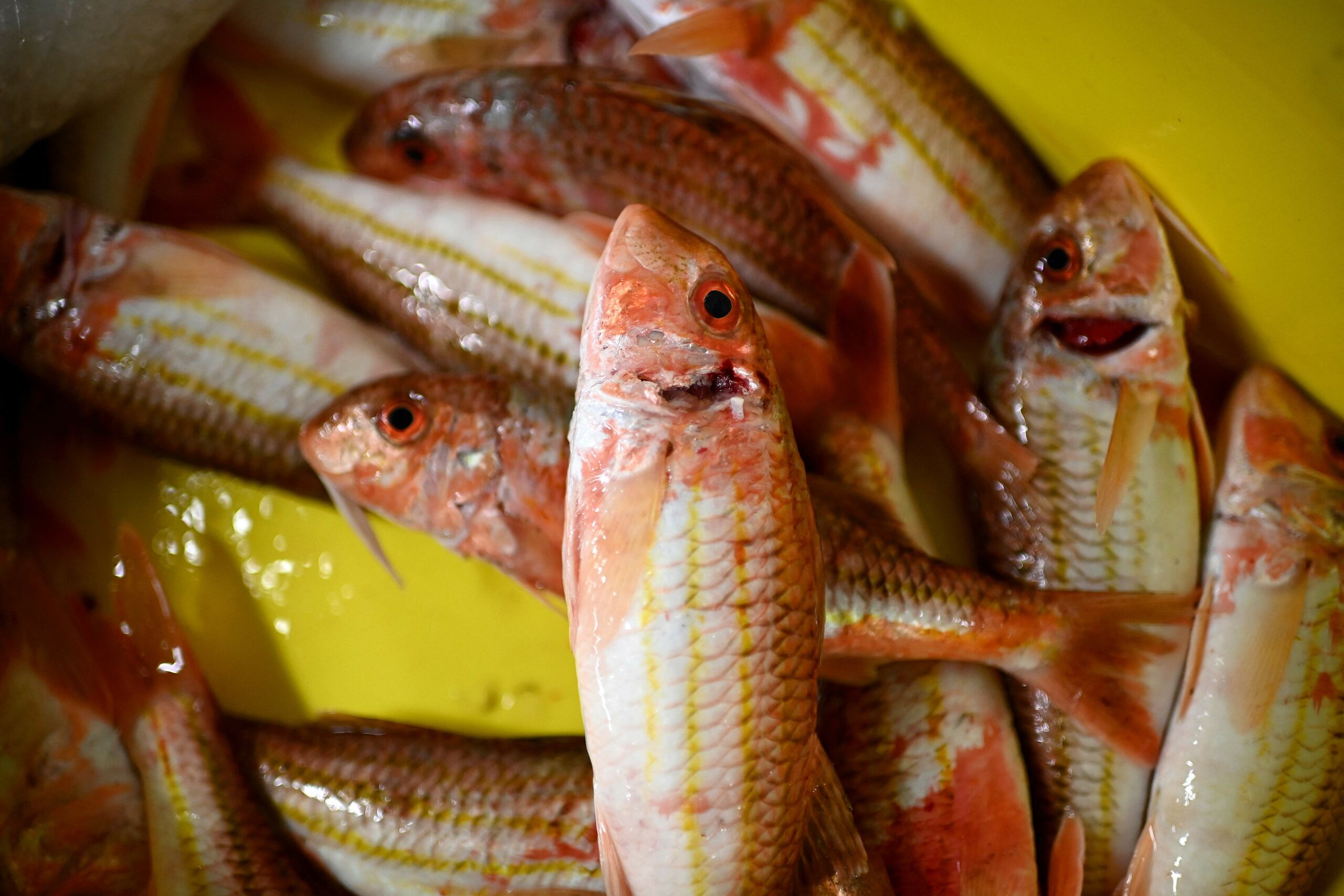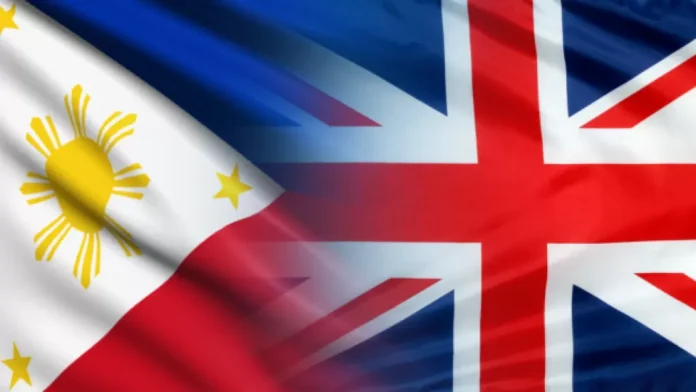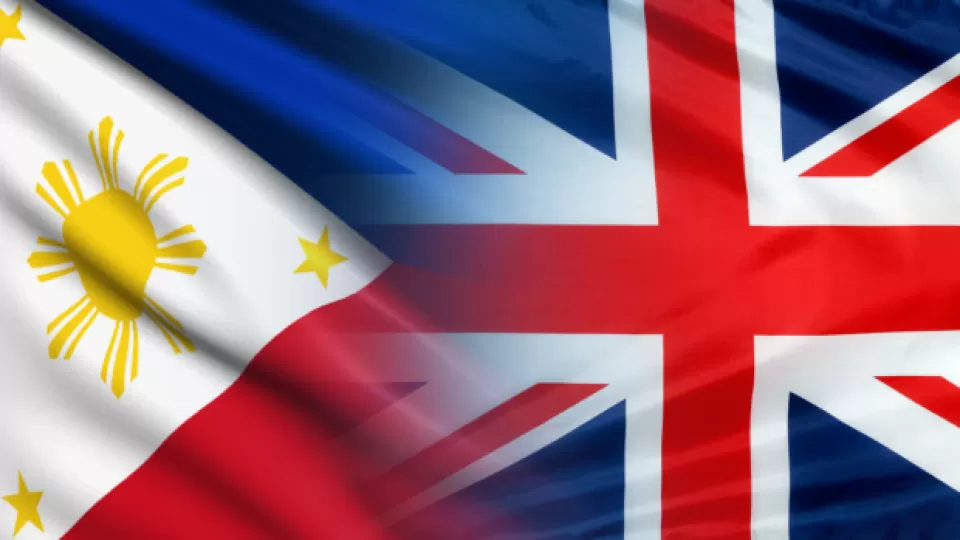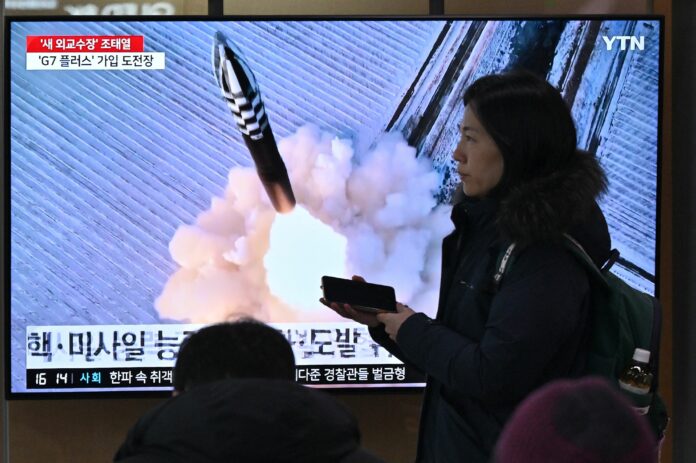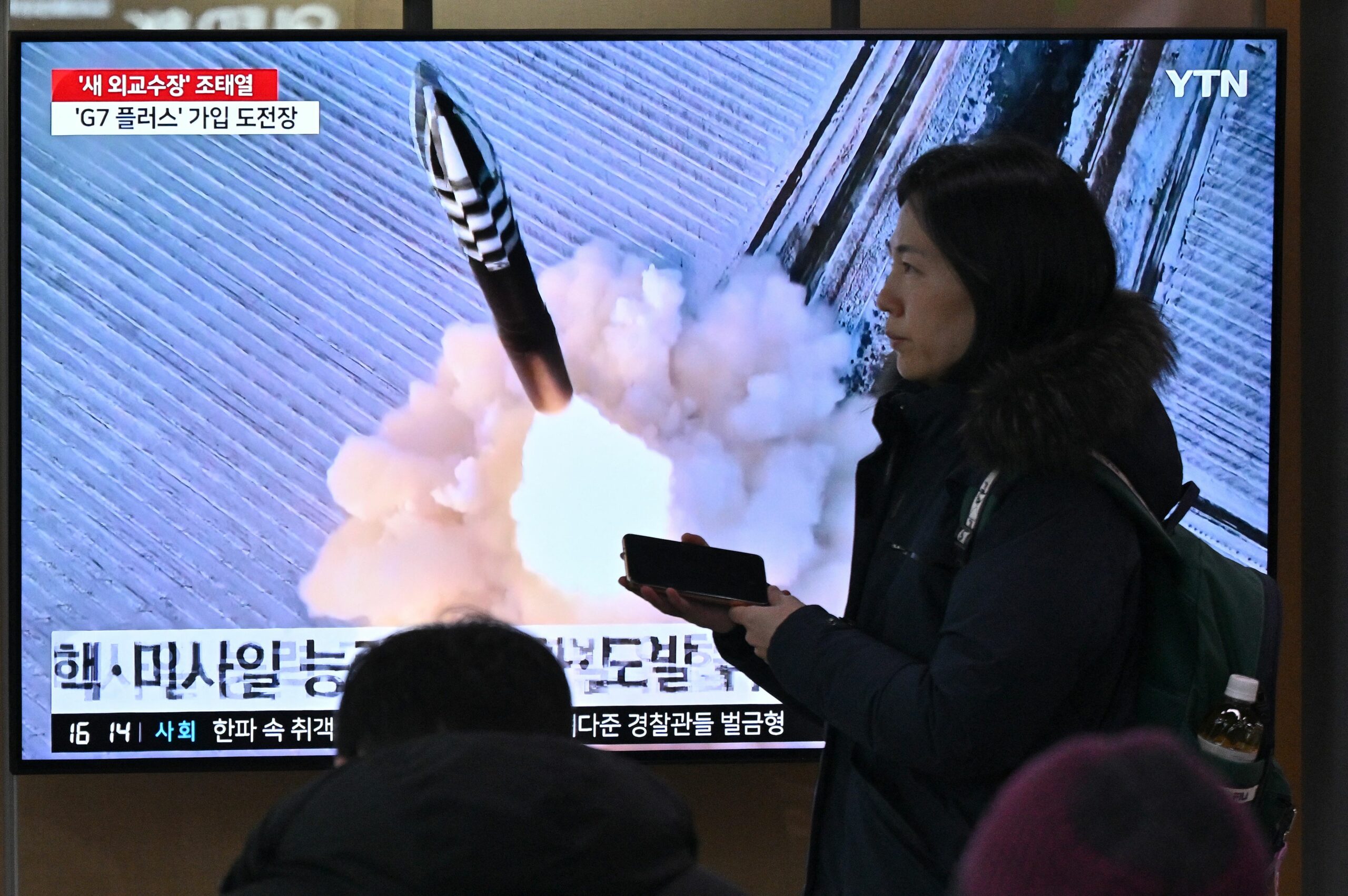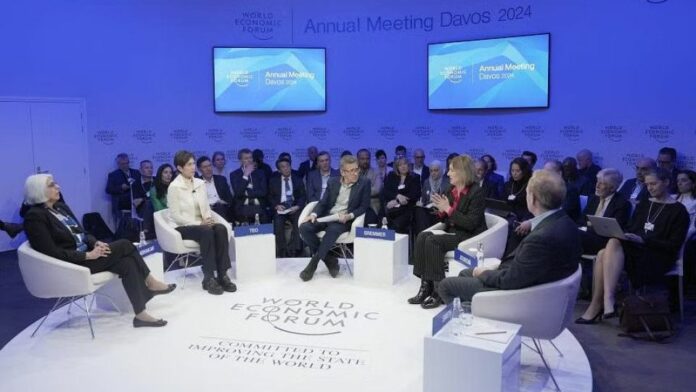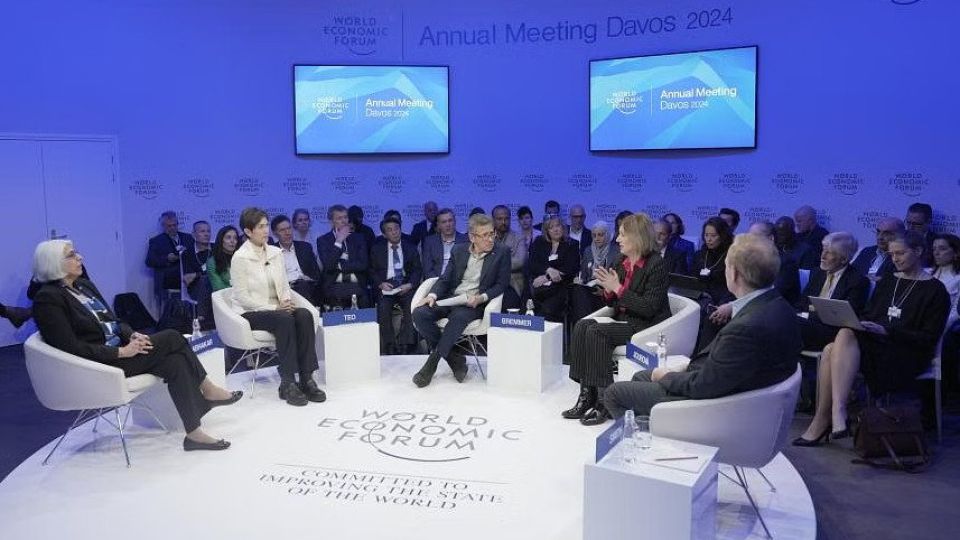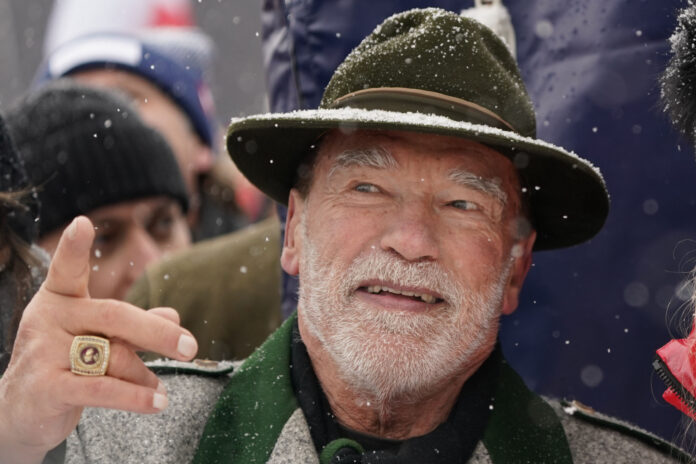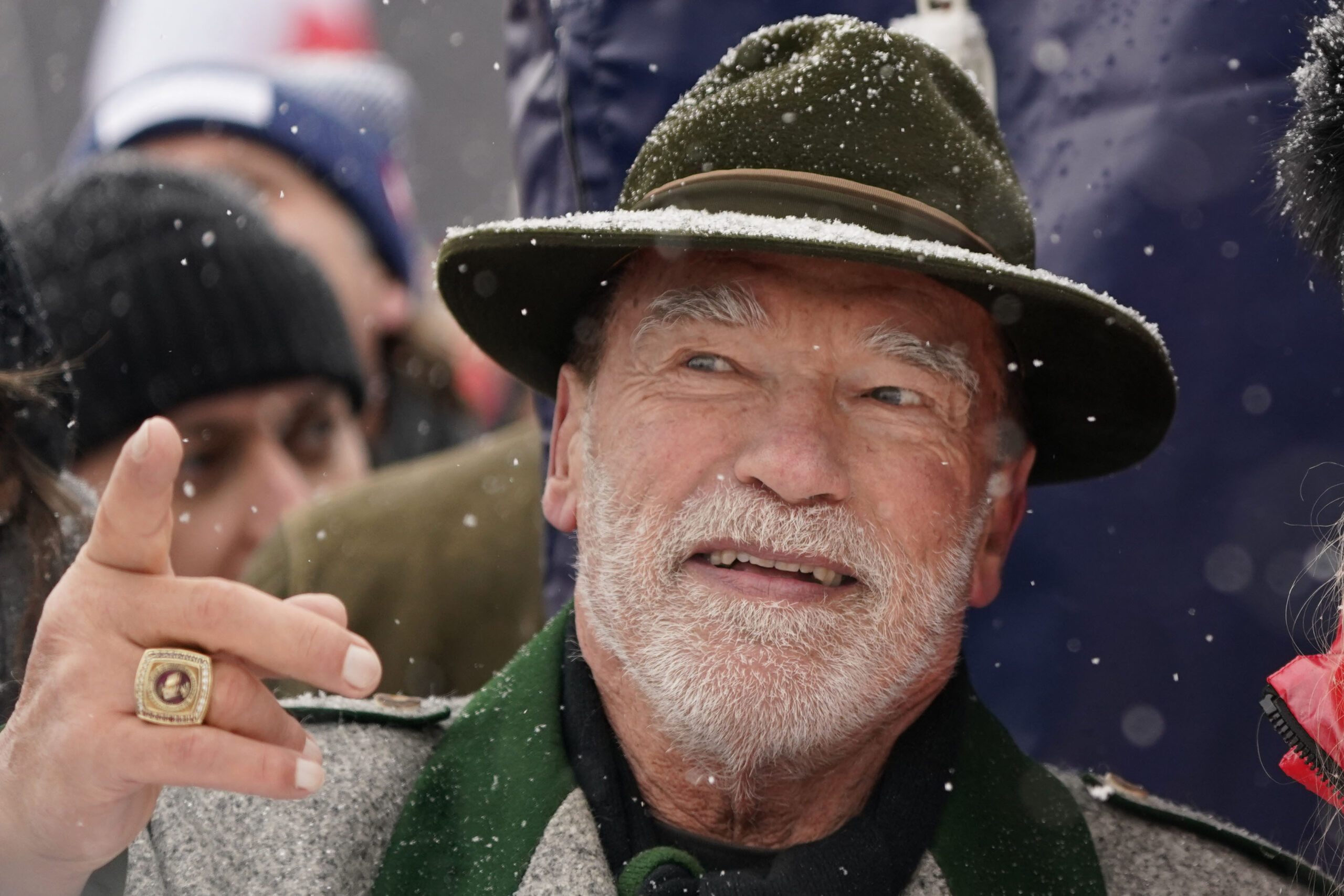UNITED NATIONS (AP) – South Korea called on the divided UN Security Council on Thursday “to break the silence” over North Korea’s escalating missile tests and threats.
“It’s a big question,” South Korea’s UN Ambassador Hwang Joonkook told reporters after an emergency closed meeting of the council on the North’s first ballistic missile test of 2024 on Sunday. South Korea is serving a two-year term on the council.
The Security Council imposed sanctions after North Korea’s first nuclear test explosion in 2006 and tightened them over the years in a total of 10 resolutions seeking — so far unsuccessfully — to cut funds and curb its nuclear and ballistic missile programmes.
The last sanctions resolution was adopted by the council in 2017. China and Russia vetoed a US-sponsored resolution in May 2022 that would have imposed new sanctions over a spate of intercontinental ballistic missile launches.
Since then, the two veto-wielding permanent council members have blocked any council action, including media statements.
North Korea’s escalating test-launches in violation of the existing UN sanctions — five ICBMs, more than 25 ballistic missiles and three satellite launches using ballistic missile technology in 2023 – coupled with new threats from the North’s leader Kim Jong Un have raised regional tensions to their highest point in years.
On Monday, Kim declared North Korea would abandon its commitment to a peaceful unification with South Korea and ordered a rewriting of its constitution to eliminate the idea of a shared statehood between the war-divided countries.
He said South Koreans were “top-class stooges” of America who were obsessed with confrontation, and repeated a threat that the North would annihilate the South with its nukes if provoked.
Before Thursday’s council meeting, US Deputy Ambassador Robert Wood told reporters Kim’s provocations “are of great concern.”
He said the 15 council members need to be reminded that North Korea is violating sanctions and its obligations to the council, “and we have to insist that they adhere to those obligations, and for all Security Council members to enforce those resolutions.”
By contrast, China’s UN Ambassador Zhang Jun, whose country is a close ally of North Korea, called on all parties involved in the Korean Peninsula to stay calm and refrain from actions that would further raise tensions.
In a message clearly aimed at the United States and South Korea, Zhang expressed hope that while attention is mainly on North Korea, “other countries are also responsible to avoid further escalation.”
France’s UN Ambassador Nicolas De Riviere told reporters that North Korea’s actions are “getting worse and worse,” with regular ballistic missile launches, continuing uranium enrichment, and advancement of its nuclear program.
“Everyone is focused on missile launches, but I think the biggest threat is their nuclear programme which continues to grow again and again,” De Riviere said.
And he called it “a shame” that Russia is violating Security Council resolutions by “buying military stuff that they use in Ukraine” from North Korea. “It’s really bad,” he said.
South Korea’s Hwang said all 15 members of the Council are worried that North Korea’s rhetoric and actions are “getting more and more serious.”
But how to break the council’s silence and inaction?
“We will discuss and think about it, and how to move forward,” he said. “It’s a big question.”
As for Kim’s abandonment of peaceful reunification, Hwang called it “a big change” in their rhetoric, actions and policy. “The nuclear policy is highly, highly alarming,” he said.
